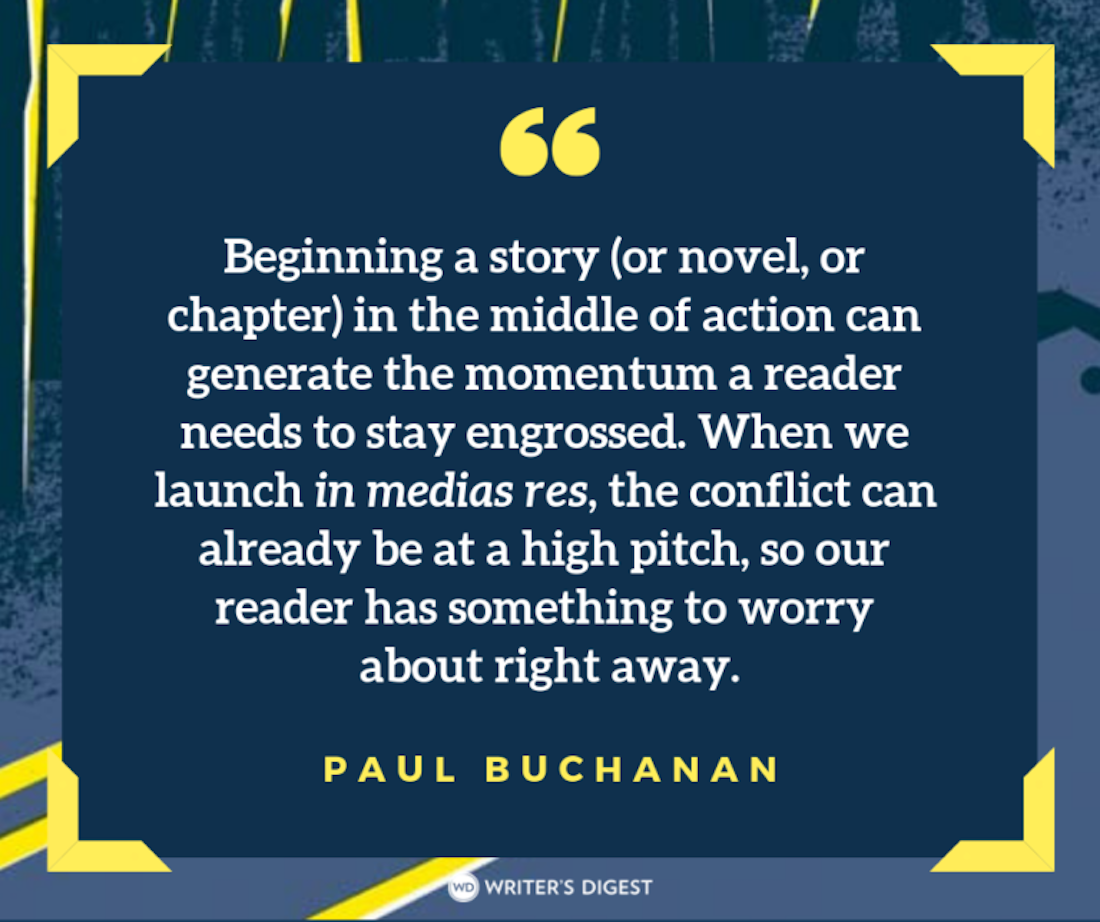Rude Awakening
David Sedaris’ finely tuned essays are smart, witty and often utterly unkind.
It takes guts to write rude things about real people. And it takes talent to be funny about it—funny enough, anyway, for readers to forgive this rudeness. David Sedaris has an abundance of both guts and talent, and his tart, hugely popular essays are the best proof.
From his debut collection, Barrel Fever, to the recent Dress Your Family in Corduroy and Denim, Sedaris has perfected a unique style of first-person essay. He writes satires on mundane topics, yet he always maintains an elegant narrative voice. His knack for precise language makes for essays that juxtapose fine writing with his relentless need to make his subjects look (and sound) ridiculous.
"S" AS A WEAPON
In his essay "Go Carolina," from Me Talk Pretty One Day, Sedaris describes his childhood experience with a speech therapist he calls "Agent Samson":
The woman spoke with a heavy western North Carolina accent, which I used to discredit her authority. Here was a person for whom the word pen had two syllables.
Sedaris' pen may be dipped in poison, but his sentences shine. Burdened himself with a lisp, he's learned to use his keen ear for language to point out idiosyncrasies in others' speech. Here he italicizes a single letter to great effect:
"Our goal is to work together until eventually you can speak correctly," Agent Samson said. She made a great show of enunciating her own sparkling s's, and the effect was profoundly irritating. "I'm trying to help you, but the longer you play these little games the longer this is going to take."
Sedaris points out his speech therapist's conspicuous s's throughout, and the reader can't help but giggle like a schoolchild who's watching his teacher unknowingly humiliate herself. This is a brilliant act of reversal (after all, Sedaris is the one with the lisp). This effect also makes the reader feel as if she's on Sedaris' side.
US VS. THEM
It's easy to side with Sedaris, because he makes it clear that he's always right. This affected arrogance adds to the humor. In "SantaLand Diaries," from Barrel Fever, he describes waiting in line to interview for a job as an elf:
I listened as the woman ahead of me, a former waitress, answered the question, saying, "I really want to be an elf? Because I think it's about acting? And before this I worked in a restaurant? Which was run by this really wonderful woman who had a dream to open a restaurant? And it made me realize that it's really really ... important to have a ... dream?"
Everything this woman said, every phrase and sentence, was punctuated with a question mark and the interviewer never raised an eyebrow.
By employing question marks, Sedaris illustrates the woman's speech patterns. But by also pointing out that the interviewer "never raised an eyebrow" over those quirks, he's drawing the battle lines.
Later in the essay, Sedaris begins to question his ability to be a convincing elf. He relies once again on a language tic to prove his point.
I don't know that I could look someone in the eye and exclaim, "Oh, my goodness, I think I see Santa!" or "Can you close your eyes and make a very special Christmas wish!" Everything these elves said had an exclamation point at the end of it!!! It makes one's mouth hurt to speak with such forced merriment.
Clearly, forced merriment isn't Sedaris' strong suit. But he's great at finding the little things that bug him (and us), and exploiting them for storytelling.
Finally, a word of warning: There's only one David Sedaris, and there are hundreds of writers who think their rants are equally hilarious. Be careful with derogatory storytelling. You want to strive to fit peevishness into your work in a way that gets you fans—not death threats.








